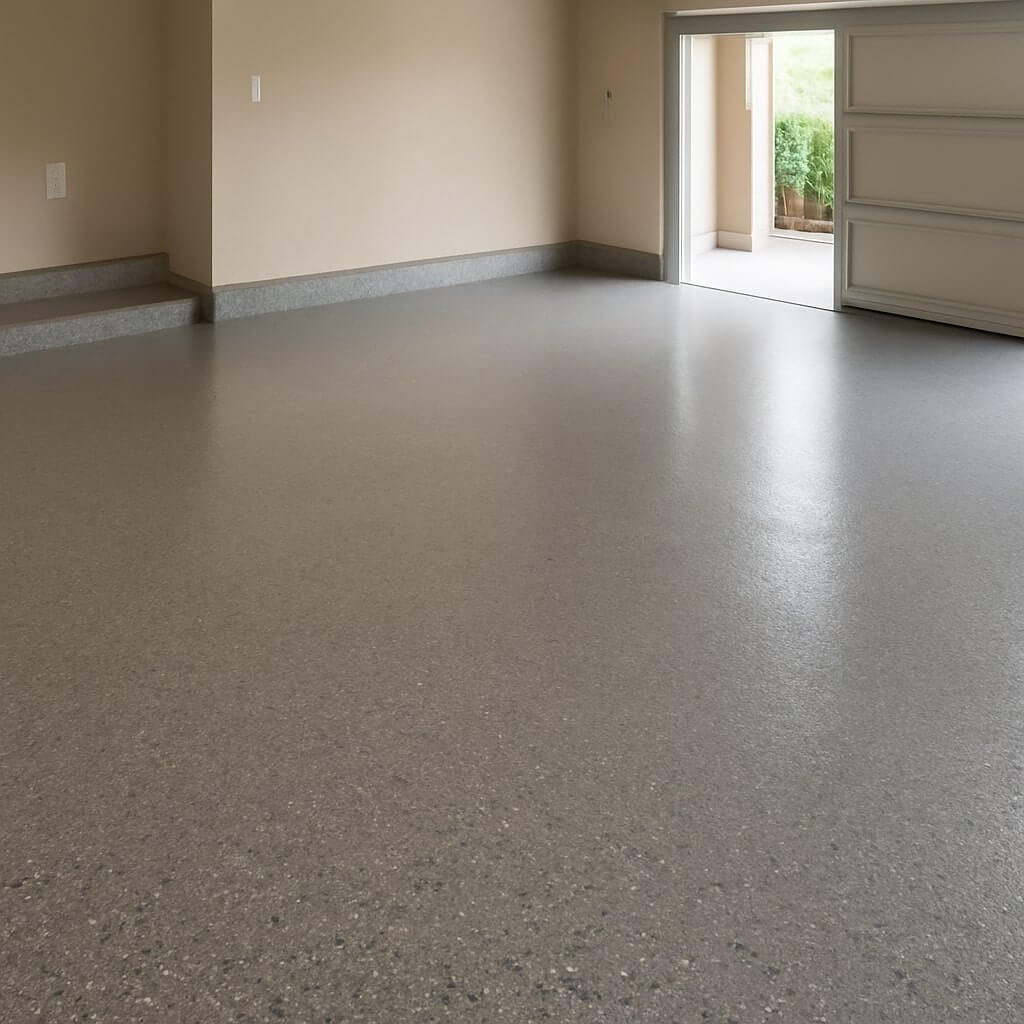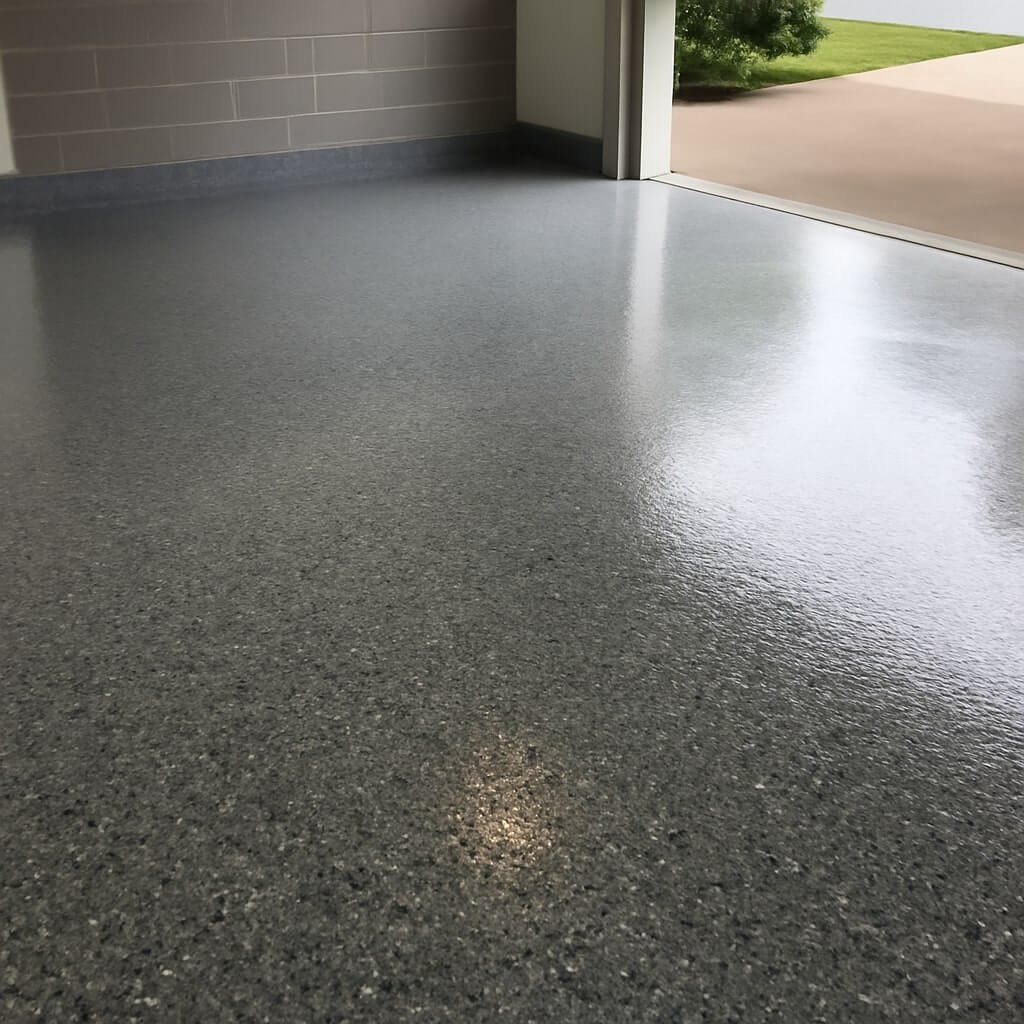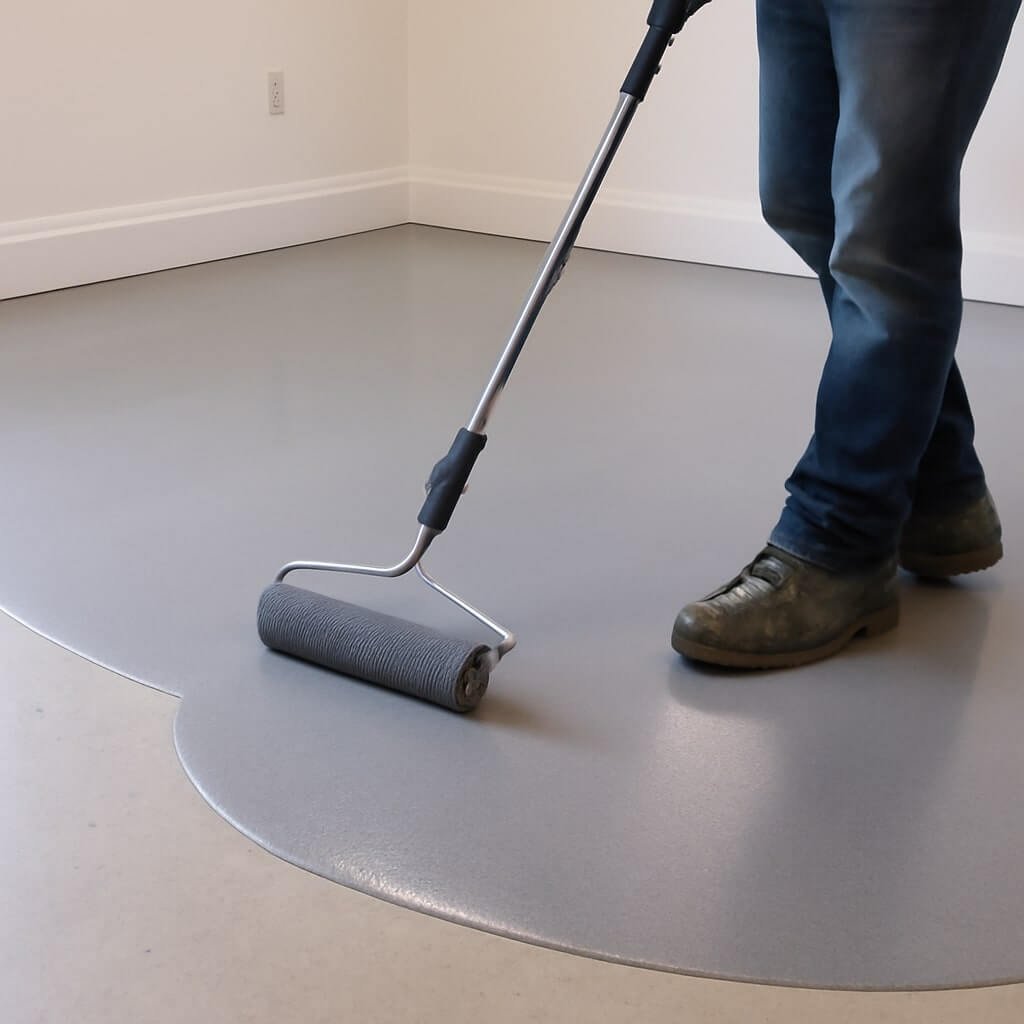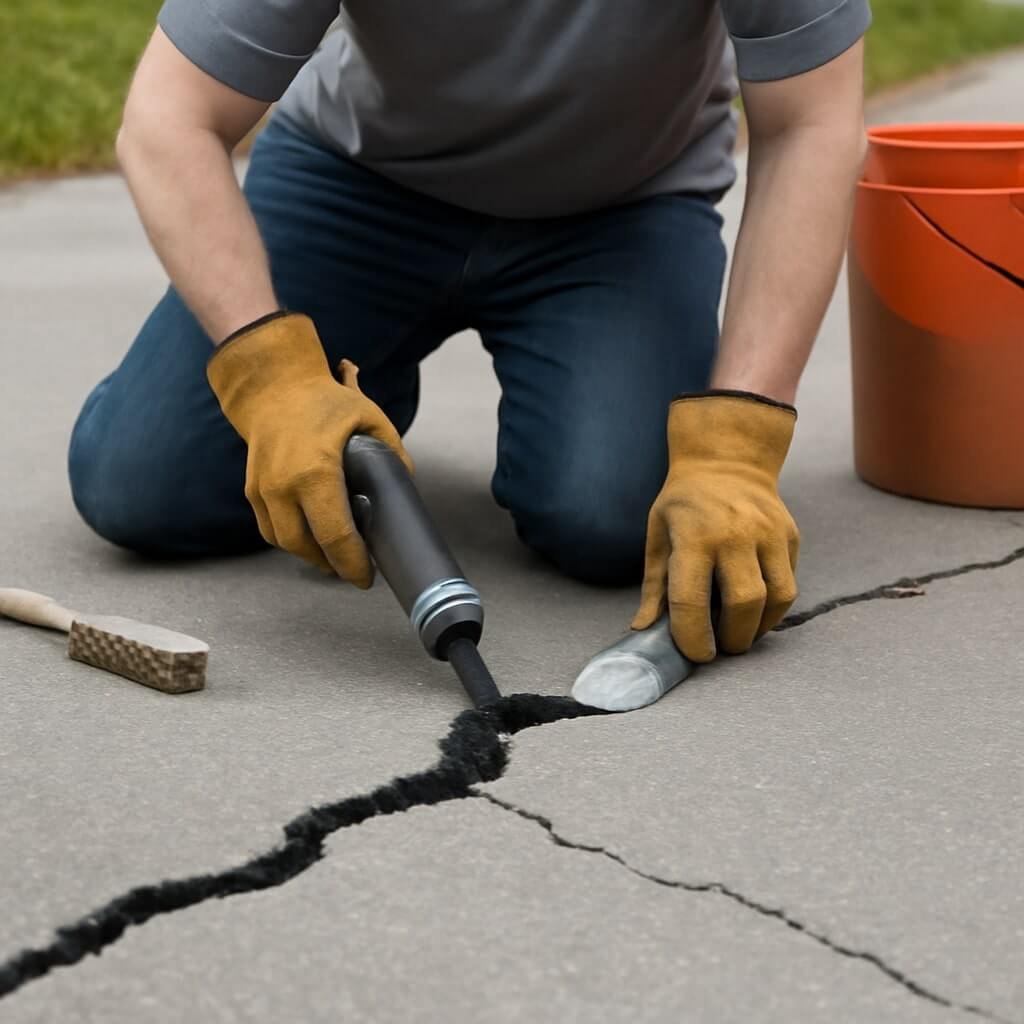When it comes to protecting your garage floor, nothing beats durable epoxy coatings. They not only add an attractive finish but also offer unmatched durability, making them an excellent investment for any homeowner. Epoxy coatings transform dull concrete surfaces into sleek, stain-resistant, and easy-to-clean floors that stand the test of time.
In this article, we’ll dive deep into everything you need to know about durable epoxy coatings for your garage floor, from types and application techniques to maintenance and cost. Whether you’re a DIY enthusiast or planning to hire a professional, you’ll find useful insights here to help you make the best choice.
What Are Epoxy Coatings?
Epoxy coatings are a combination of resin and hardeners that chemically react to form a rigid plastic material. This coating creates a strong, durable layer over
There are several types of epoxy coatings, each designed for different needs. Generally, epoxy coatings consist of two main components:
- Epoxy Resin: The base component that forms the structure.
- Hardener: A curing agent that triggers the chemical reaction.
Together, they produce a tough, resilient finish that protects floors against wear and tear, chemicals, and moisture.
Why Choose Durable Epoxy Coatings for Your Garage Floor?
Durable epoxy coatings offer a range of benefits that make them ideal for garage floors:
- Superior durability: Resistant to cracks, abrasions, and heavy traffic.
- Chemical resistance: Protects against oil, gasoline, and cleaning agents.
- Aesthetic appeal: Available in a variety of colors, gloss levels, and finishes.
- Ease of cleaning: Smooth surfaces that prevent dirt buildup.
- Moisture protection: Prevents water penetration and reduces mold risk.
- Cost-effective: Long-lasting protection reduces the need for frequent repairs.
With such benefits, epoxy coatings help keep your garage floor looking great and functioning well for years.
Top 5 Types of Epoxy Coatings for Garage Floors
Choosing the right epoxy coating depends on your specific needs and preferences. Here’s an overview of the most popular types:
100% Solid Epoxy
This is the most durable type of epoxy. It contains no solvents or water, which means it offers superior thickness, strength, and chemical resistance. Ideal for heavy-duty garage floors with high traffic or industrial use.
Water-Based Epoxy
A low-VOC option that’s environmentally friendly and easier to apply. Though slightly less durable than solid epoxy, it still offers good protection for residential garages.
Solvent-Based Epoxy
This type has solvents to improve adhesion and flow, but emits higher VOCs during application. It provides a smooth finish with excellent durability but requires proper ventilation.
Polyaspartic Epoxy
Known for quick curing times and UV resistance, polyaspartic coatings are great for garages exposed to sunlight. They are more expensive but offer flexibility and durability.
Epoxy Mortar Coatings
These combine epoxy resin with fillers to create a thicker, textured surface for extra slip resistance and impact protection.
Step-by-Step Guide to Applying Epoxy Coatings on Garage Floors
Applying epoxy coatings may seem daunting, but with the right preparation and tools, it can be manageable. Here’s how to get started:
- Clean the floor thoroughly: Remove grease, dirt, and loose debris.
- Repair cracks and holes: Use epoxy patching compounds or fillers.
- Etch the concrete: Acid etching or mechanical grinding to improve adhesion.
- Mix epoxy resin and hardener: Follow the manufacturer’s instructions carefully.
- Apply primer coat: This improves bonding between the floor and epoxy.
- Apply epoxy coating: Use rollers or squeegees for even coverage.
- Allow curing: Let the floor dry for the recommended time (usually 24-72 hours).
- Optional topcoat: Add a clear polyurethane coat for extra durability and gloss.
Patience during preparation and curing ensures the best results and longevity.
Essential Tools and Materials Needed
For a successful epoxy floor coating project, gather these essentials:
| Tools | Purpose |
|---|---|
| Pressure washer | Deep cleaning of the concrete |
| Concrete grinder or etcher | Surface preparation |
| Epoxy mixer | Thorough mixing of resin and hardener |
| Paint rollers and brushes | Application of epoxy and primer |
| Protective gear (gloves, mask) | Safety during application |
| Measuring containers | Accurate mixing ratios |
| Patch repair kit | Fixing cracks and holes |
Maintenance Tips to Maximize the Lifespan of Your Epoxy Garage Floor
Maintaining your epoxy floor is easier than you might think. Here are some key tips:
- Regular cleaning: Use mild detergents and soft brushes.
- Avoid harsh chemicals: Stick to epoxy-safe cleaners to prevent damage.
- Use mats: Place mats at entrances to reduce dirt and grit.
- Repair chips promptly: Address small damages before they worsen.
- Avoid dragging heavy objects: Prevent scratches by lifting rather than sliding.
Common Mistakes to Avoid When Applying Epoxy Coatings
Many issues can arise from poor preparation or application, including:
- Skipping surface cleaning or etching.
- Incorrect mixing ratios of resin and hardener.
- Applying epoxy in high humidity or cold temperatures.
- Rushing the curing process.
- Using incompatible topcoats.
Avoiding these mistakes will help ensure a durable, flawless finish.
Cost Analysis: How Much Does Durable Epoxy Coating Cost?
Costs vary based on materials, labor, and floor size:
| Cost Factor | Typical Range |
|---|---|
| Materials (epoxy kit) | $3 to $12 per square foot |
| Professional labor | $2 to $5 per square foot |
| Surface preparation | $1 to $3 per square foot |
| Total estimated cost | $6 to $20 per square foot |
Though initial costs can seem high, durable epoxy coatings often save money long-term by reducing repairs and replacements.
Environmental Impact of Epoxy Garage Floor Coatings
While traditional epoxy coatings contain VOCs harmful to the environment, modern options like water-based and low-VOC epoxies minimize these effects. Proper disposal and recycling of leftover materials also reduce environmental harm.
Case Studies: Success Stories Using Durable Epoxy Coatings
Homeowners and businesses alike have transformed their garage floors with epoxy coatings. For example, a family in Ohio reported a 15-year lifespan on their 100% solid epoxy floor with minimal maintenance. A local auto repair shop saved thousands by upgrading to epoxy mortar coatings, which withstood heavy vehicle traffic and chemical spills.
Frequently Asked Questions (FAQs)
1. How long does an epoxy garage floor last?
With proper installation and maintenance, epoxy floors can last 10 to 20 years.
2. Can I apply epoxy coating myself?
Yes, many DIY kits are available, but a professional application ensures better results.
3. Is epoxy safe for pets?
Once fully cured, epoxy floors are non-toxic and safe for pets.
4. How soon can I use my garage after applying epoxy?
Typically, after 24-72 hours of curing, depending on product specifications.
5. Can epoxy coatings be repaired if damaged?
Yes, small chips or cracks can be patched with repair kits.
6. Do epoxy floors become slippery?
They can be, but adding non-slip additives or textured coatings improves safety.
Conclusion: Why Durable Epoxy Coatings Are the Best Choice for Your Garage Floor
Durable epoxy coatings offer an unbeatable combination of protection, aesthetics, and longevity for your garage floor. Whether you want to enhance your home’s value, protect your investment, or simply enjoy a cleaner, more attractive space, epoxy is the way to go.
Invest in quality materials, follow proper application steps, and maintain your floor well to enjoy all the incredible benefits durable epoxy coatings provide.




